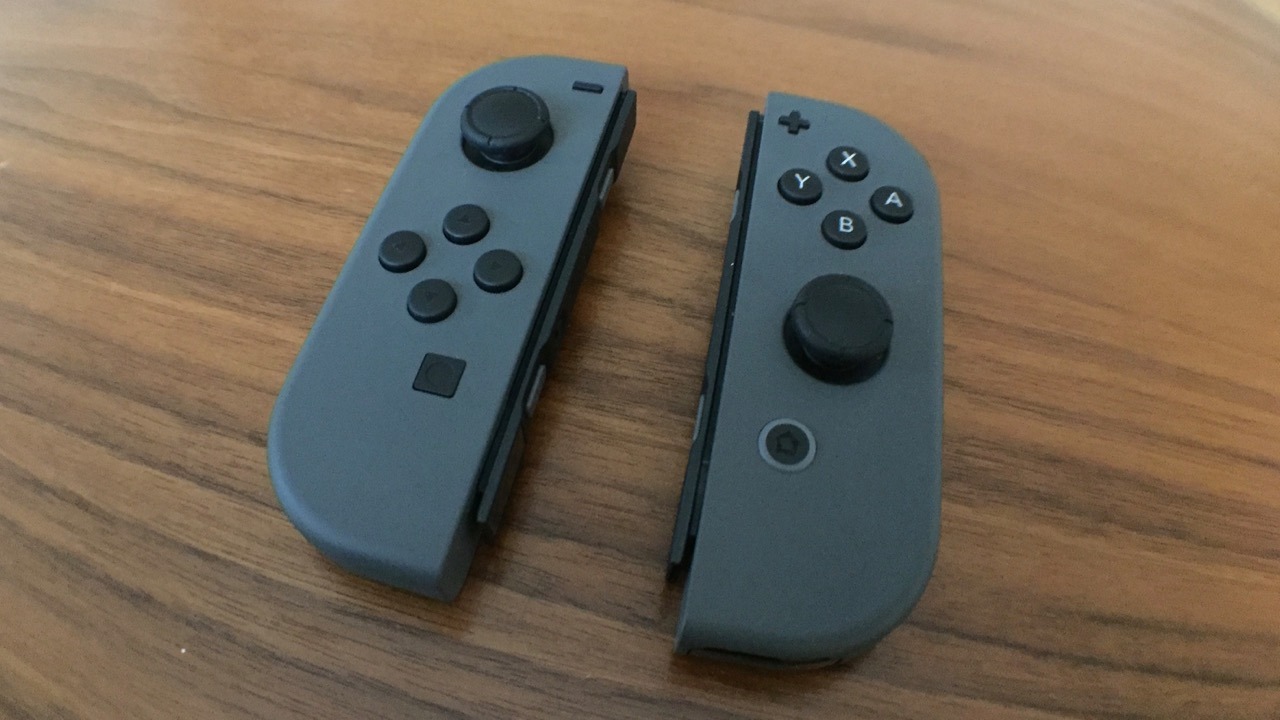Nintendo wins Joy-Con drift lawsuit
An American judge has dismissed a lawsuit filed against Nintendo for its Joy-Con drift issues, stating that the case cannot proceed because the owners agreed to the company’s End User License Agreement (EULA) that “disallows lawsuits”.
The case, first filed in 2021, saw two mothers attempt to sue the company over the drift issues – that is, an issue where the analogue sticks on the Switch’s controllers pick up input even when the user has stopped touching them.
After an arbitrator ruled that the mothers could not proceed with a class-action suit in November last year, they attempted to proceed with their children filing the claim.
This is because of an age limit of 18 on the EULA – the lawyers for the Sanchez family, one of the claimants, argued that the children could not be bound by the contract because they are too young.
Nintendo’s lawyers responded by stating that the children cannot sue since they didn’t actually buy the hardware, and that argument has won the day – the judge ruled that the agreement was with the “de facto owners”, the parents rather than the children who used the console.
He dismissed the action, and stated that the parents should have entered legal arbitration rather than pursuing a lawsuit, as instructed by the EULA.
A number of class-action lawsuits have been filed against Nintendo, but it successfully put many of them into arbitration by highlighting that customers affected will have ‘digitally signed’ the EULA. It then offered a free repair program from 2019, repairing or replace any affected Joy-Con, which led to a substantial reduction in cases.
Last year, Nintendo gave its first formal apology for the drift issues.
At the time, the company’s president Shuntaro Furukawa said: “Regarding the Joy-Con, we apologise for any trouble caused to our customers. We are continuing to aim to improve our products, but as the Joy-Con is the subject of a class-action lawsuit in the United States and this is still a pending issue, we would like to refrain from responding about any specific actions.”

Comments